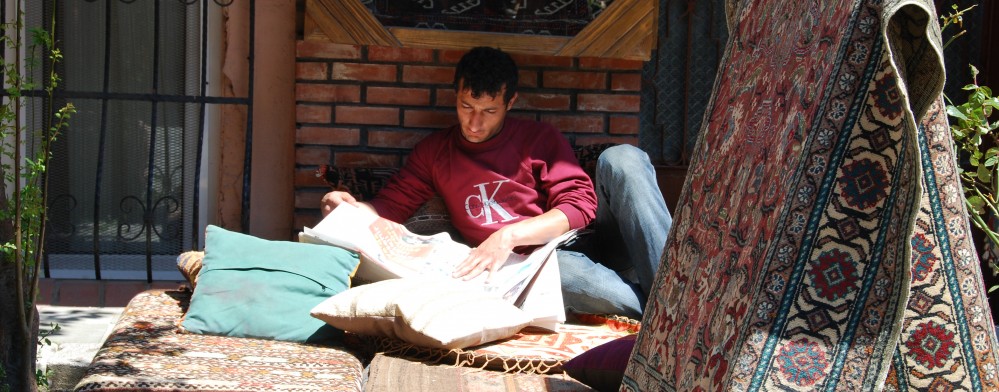Just came across an article in a German internet news portal. The headline claims that Uber won’t ignore official rulings anymore. That is an interesting statement. It makes it clear that Uber thought in the past it is above all and everybody. And it leads to another thought: At least here in Germany they had to stop the bullying and behave. I really appreciate that the German cities have started to take a stand and show the Überflieger that the same rules apply to everybody. The Germany manager of Uber, Christian Freese sounds now like the wolf who ate chalk. He even claims that Uber is trying to cooperate with the traditional taxi firms.
UberBlack has been prohibited in Berlin, and UberPop has been prohibited Germany-wide.
And while we talk about it: Berlin has taken a stance and is reclaiming rental space from AirBnB and similar companies. But more on the friends-rent-to-friends companies in a different post.
Some links to recent Uber articles:
